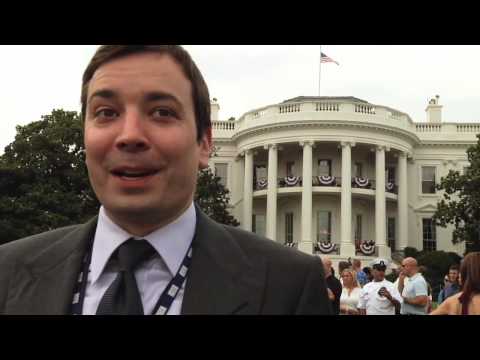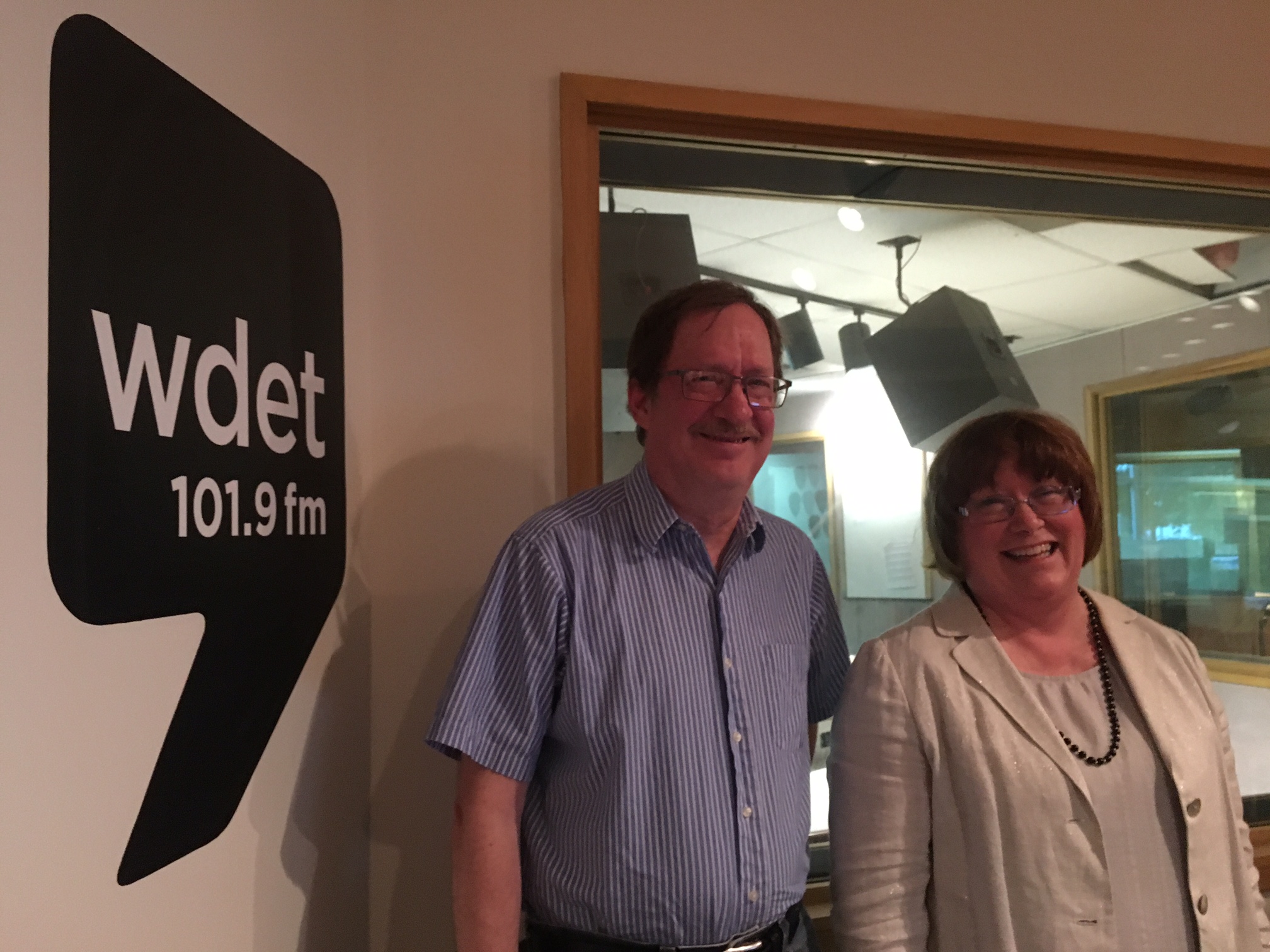News Media and Satire In This Year’s Presidential Election
Have media done a good or bad job covering this political cycle?


During this strange election cycle there has been a third party that’s received a lot of criticism along with Democrat Hillary Clinton and Republican Donald Trump… the media.
How have the media done in covering the candidates and their respective issues? Detroit Today explores how news outlets, as well as the satirical media, have approached this election.
Last week a strange thing happened. Trump held a press conference concerning his birther conspiracy of President Obama and he held the news event at his new hotel in Washington D.C. After making a brief statement he turned to take the television cameras on a tour of the new hotel grounds.
Outraged, and feeling like they had been played by Trump, the reporters in the press pool voted to unilaterally erase the footage of the hotel from their cameras. This was unprecedented, and showed a press pool that reached a sort of breaking point in trying to cover the candidate.
And the New York Times, a long-time subscriber of the philosophy of approaching such news events with a “he-said-she-said” story, instead put a biting news analysis piece about the event on its front page.
Rebecca Sinderbrand, a political editor at the Washington Post, joins Detroit Today to talk about the challenges of covering this election – particularly the Trump campaign – and the criticism being tossed at the press.
“You want to be fair, but he has posed a challenge,” says Sinderbrand, who notes the Washington Post’s fact-checking team has been working overtime. She says it’s not surprising that journalists are the target of so much criticism in an unusual political cycle.
“People will see what they want,” she says. “It’s easier to focus on the problems of the media… than to focus on whatever problems there may be with the electorate at large.”
“Reporters are juggling lots of balls,” says Lee Wilkins, professor and chair of the Department of Communications at Wayne State University.
Wilkins says coverage of presidential elections has slowly but surely become “horse-race journalism,” where the most important story is who’s ahead, not how the candidates think about issues. But, Wilkins says, stories about the issues exist as well.
“There’s a fabulous amount of information out there,” she says, and adds that readers just have to find it.
An arm of the media held to a different standard than campaign press pools is satirists and comedians. But comedy still plays a significant role in American political coverage.
Tonight Show host Jimmy Fallon recently drew criticism for giving softball interviews to Trump and Clinton on his late night show. Fallon’s mussing of Trump’s hair became a focal point of that interview.
Fred Vultee, associate professor of journalism at Wayne State University, joins the conversation to talk about the role of humor, satirists, and comics in American politics.
“In a lot of cases… we’ve been able to draw a good divide between people being comedians, people being entertainers. And maybe, in Fallon’s case, of expecting too much,” says Vultee. But he says comics and late night hosts can provide valuable insights into candidates that journalists cannot.
“That’s one of the things I think we miss the most about (Jon Stewart),” he says. “Stewart, I think, was an expert at providing that context in a way that turned things that looked disparate… and turning them into a context that allows people to make sense of it.”
To hear more of the conversation about media coverage of presidential politics on Detroit Today, click on the audio player above.
